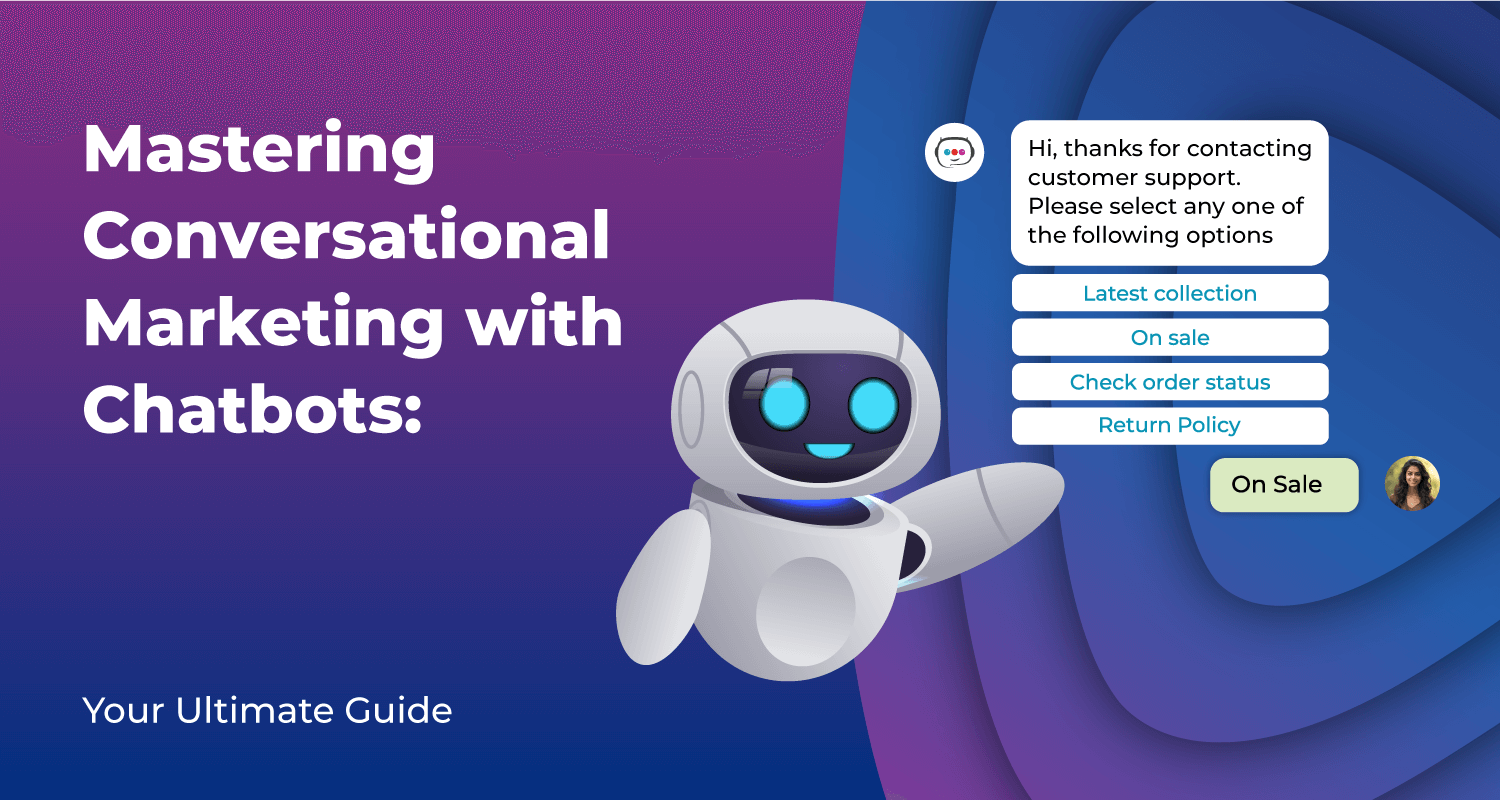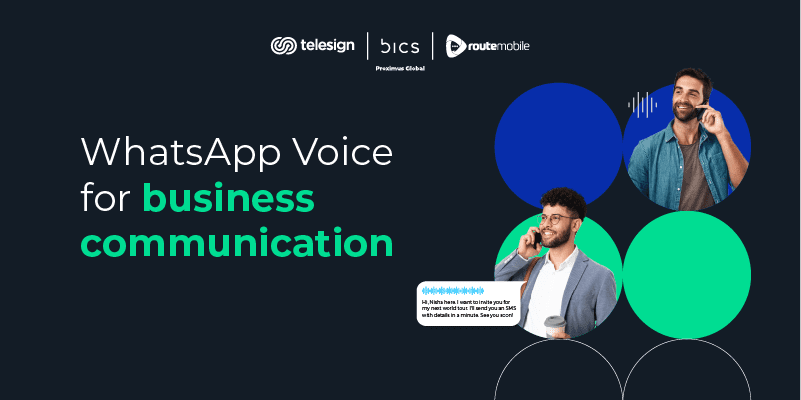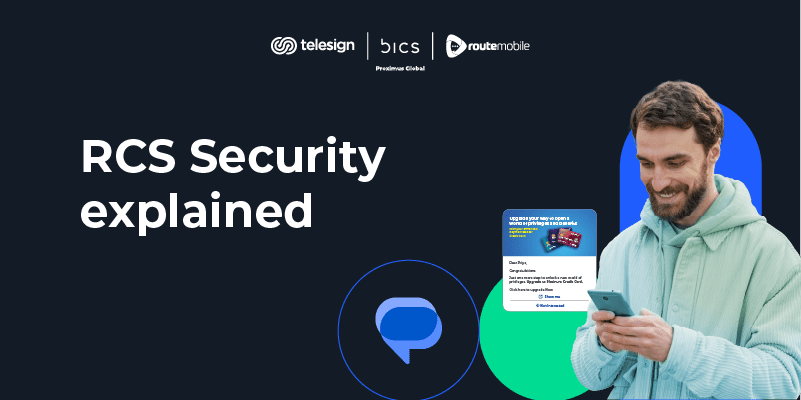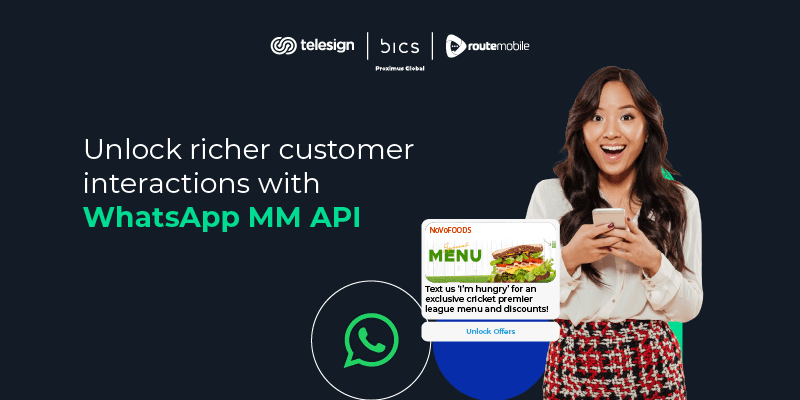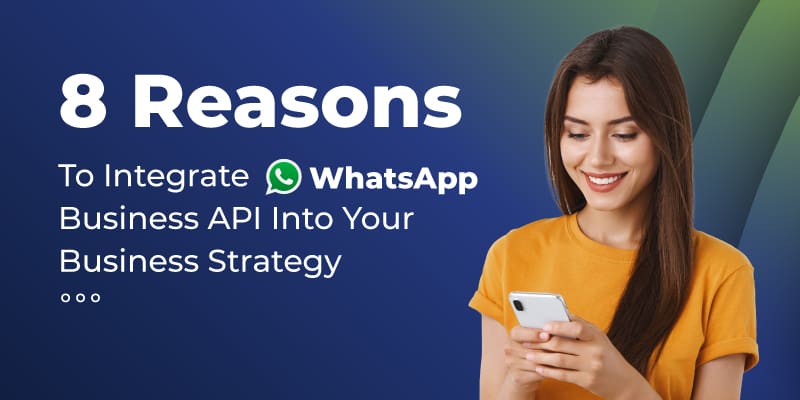Consumers are developing more interest in communicating with brands in a more personalized and conversational way.
By 2025, Conversational AI is going to empower 95% of interactions between customers and brands.
A business today cannot possibly see the future of its marketing strategy without leveraging conversational marketing and chatbots.
In fact, 90% of businesses have reported a significant improvement in complaint resolution efficiency.
Many companies today believe conversational marketing tools like AI-powered chatbots will continuously gain importance in customer communication.
This alone is a testament to the competitive edge, profitability, and potential opportunities conversational marketing with chatbots can bring to an organization, especially when you harness the potential capacity of AI integration at the time. In this guide, we explore the same in detail!
Table of Contents:
Introducing Conversational Marketing With Chatbots
Before you master implementing conversational marketing with chatbots, let’s understand what it is and what it offers.
What Is Conversational Marketing?
Conversational marketing is a strategy or approach that focuses on one-to-one conversations and real-time dialogue between the brand and the consumer to achieve an enhanced and personalized customer experience.
Key Benefits of Conversational Marketing
It enables businesses to utilize conversational marketing tools such as AI-powered chatbots to:
- Boost Customer Engagement: Feature more customer engagement opportunities, improving lead generation.
- Customer Experience: Provide personalized interactions and 24/7 support across time zones without any delays, improving customer satisfaction.
- Versatile Use cases: Chatbots offer diverse applications or use cases for a business, including customer support, gathering feedback, market research, purchasing assistance, crisis management, product recommendation, and more; they also can be customized as per the enterprise’s unique needs.
- Build Brand loyalty: Build trust and relationships with customers for increased brand loyalty.
- Automated Rapid Response: Send automated responses to all commonly asked queries and share product details and more.
- Cost-Effective Alternative: Offering a cost-effective solution for serving a high volume of customers compared to traditional marketing.
- Cross-Platform Use: Chatbots are used for conversational marketing on various enhanced business messaging platforms or campaigns such as Facebook Messenger, Instagram, WhatsApp, GBM, Web, and RCS business messaging.
The Role of Chatbots In Conversational Marketing
Conversational AI-driven chatbots play an integral role in
- conversational marketing strategy
- RCS business messaging (RBM) communication protocol,
- WhatsApp Business Messaging
- other marketing campaigns for a business.
RBM and WhatsApp Business Messaging with chatbots are key platforms for a successful enterprise communication strategy.
Both channels aid in customer engagement and sales conversion through streamlined, automated messaging, personalized recommendations, responsive chatbot, and promotional offers.
They serve as an essential communication channel, and by adapting AI technologies like conversational AI, machine learning (ML), natural language processing (NLP), and data analysis, chatbots are empowered to become robust communication tools that can make human-like conversations based on retrieving data on the individual person.
Read This: Power of Advanced NLP and Machine Learning in AI Chatbots
How Enterprises Leverage Conversational Marketing Using Chatbots
- Automate customer acquisition & onboarding
- Personalize customer experience
- Increase upsell and cross-sell opportunities through personalized AI chatbot.
- Boost customer engagement through conversational AI
- Automate marketing and promotions through rich ai-powered campaigns
- Rapid chatbot responses for improved customer engagement
- Personalized buying experience & recommendations
- Lead generation, lead nurturing, and build brand awareness & loyalty
How To Implement Conversational Marketing Using Chatbots?
Understand What Your Business Needs Right Now
Conversational marketing is based on a strategy to solidify one-to-one conversations with customers. Enterprises first need to identify who their customers are, what they need, what their pain points are, and how they can fulfill their needs.
Organizations also identify which social media platform their ideal customers are available on. Which platforms are yet to be untapped or have the potential for generating leads?
Finally, the objective of conversational marketing campaigns or messaging campaigns must be decided.
Some examples of an objective can be:
- Generating leads through automated customer outreach and marketing messages
- Increase engagement at the first point of contact or incoming queries through conversational AI chatbot
However, objectives must be quantifiable and have some timeline or deadline to follow.
Deciding On Communication Channels
Deciding specific communication channels to prioritize helps businesses to achieve specific objectives through custom marketing campaigns.
It also depends upon the purpose of integrating a channel. Let’s look at a few specific purposes for which a particular messaging channel will be better than another.
- Promotions
- Customer Support
- Product Discovery
- Marketing
- Onboarding
- Product Checkout
- Order Tracking
- Customer Loyalty
- Brand Awareness
Another factor is the targeted audience, whether they are predominantly on Facebook Messenger or WhatsApp. They might not actively use social media but do have phone numbers, so perhaps rich messaging can be a better communication channel for your business.
WhatsApp is more suitable for product cataloging, product checkout, and order tracking, whereas Facebook Messenger offers better advertising capabilities through a larger user base and detailed audience targeting.
An ideal case will be to achieve omnichannel communication for your customers to provide a better customer journey experience.
Choosing a Communication Platform or Service
Cloud communication platforms, API providers, and other marketing agencies can help companies create automated workflows, create and manage campaigns, and achieve their objectives.
Especially if a medium or large enterprise is looking to scale its communication and marketing practices leveraging conversational AI, then choosing a cloud communication platform (CPaaS) as a service is always a better option.
Not sure what CPaaS is?
Read This: Understanding CPaaS: Benefits, Use Cases, and Tips for Selecting the Right Provider
Very few of them comprise versatile communication and marketing services on a unified platform for easy access and management. We at Route Mobile boast of offering:
- RCS business messaging
- WhatsApp business platform
- Facebook Messenger for Business
- Messenger API for Instagram
Conclusion
To master conversational marketing, organizations must leverage chatbots integrated with multiple enhanced messaging channels, including WhatsApp, Facebook Messenger, and RCS messaging, to provide better customer experiences using technologies like NLP, conversational AI, etc.
Businesses can simplify this by collaborating with reputed cloud communication platform services like RouteMobile, known for helping enterprises utilize conversational marketing, AI chatbots, and other advanced technologies offered to manage on a single platform named CPaaS. Feel free to connect with our experts to know more.
FAQs
How are Chatbots Used in Conversational Marketing?
Chatbots utilize automated responses, conversational AI, and personalized customer experience to build a connection or trust with prospects. Since it offers rapid response to all the commonly asked questions, it increases engagement and provides quality customer support.
How Businesses Can Scale Leveraging Conversation Marketing?
Conversational marketing can only achieve scaling, especially in medium to large enterprises, through optimization, automation, data-driven insights, and AI integration. Without complex and detailed automated workflows, like follow-up strategies, retargeting campaigns, etc, and AI chatbots, businesses cannot scale.
What Are The Metrics For Conversational Marketing
The closest metrics to look at to evaluate the effectiveness of conversational marketing are customer engagement rates, customer satisfaction scores, and conversion rates. Also, constant feedback will set you in the right direction.
